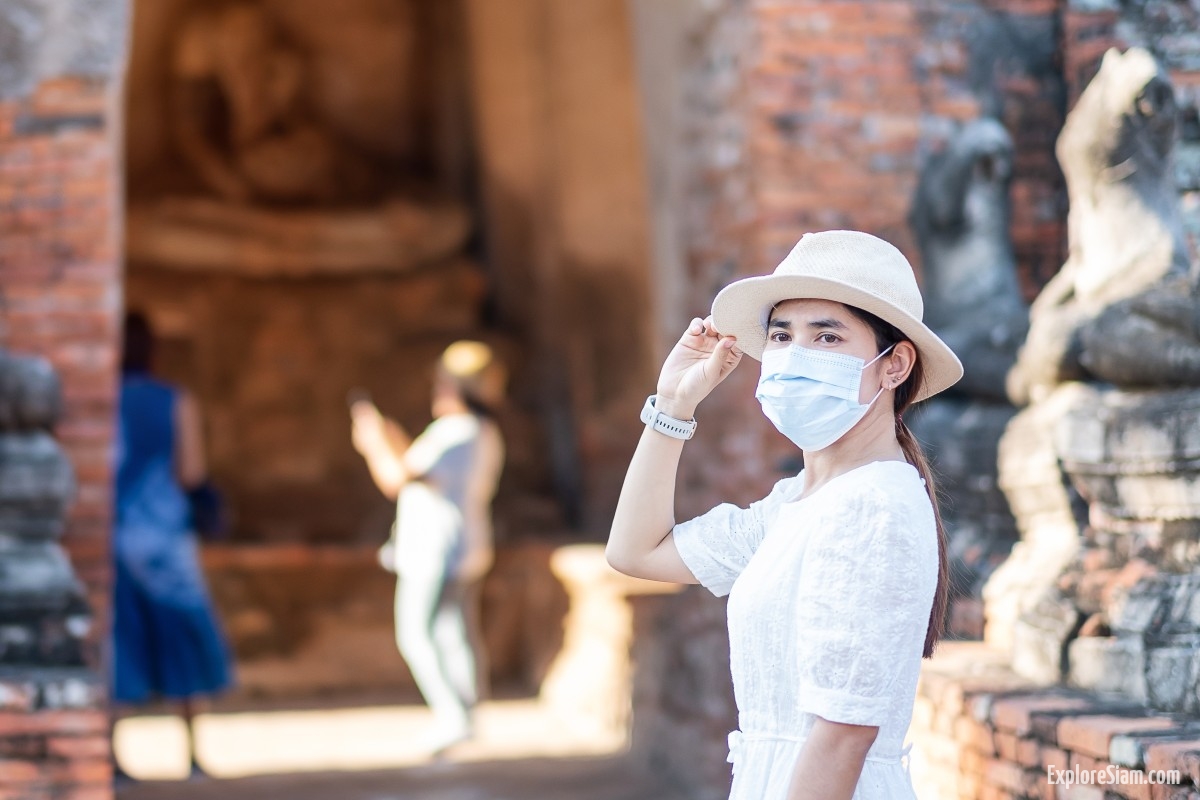The COVID-19 pandemic has had an unprecedented impact on global tourism, and Thailand, a country heavily reliant on tourism, has been significantly affected. Before the pandemic, Thailand was one of the most visited countries in the world, attracting millions of tourists annually with its stunning beaches, rich cultural heritage, vibrant cities, and renowned hospitality. However, the advent of COVID-19 brought the tourism industry to a near standstill, causing severe economic repercussions and necessitating a rethinking of the country’s tourism strategies.
At the outset of the pandemic in early 2020, Thailand, like many other countries, implemented strict travel restrictions to curb the spread of the virus. International flights were suspended, borders were closed, and mandatory quarantine measures were introduced for incoming travelers. These measures, while crucial for public health, had a devastating effect on the tourism sector. Hotels, resorts, restaurants, and other tourism-related businesses faced unprecedented challenges, with many being forced to close temporarily or permanently due to the lack of visitors.
The economic impact of the decline in tourism was profound. Tourism accounted for approximately 20% of Thailand’s GDP, and the sudden drop in tourist numbers led to significant revenue losses. According to the Tourism Authority of Thailand, the country received only 6.7 million tourists in 2020, a drastic decline from the nearly 40 million tourists in 2019. This sharp decrease resulted in an estimated loss of $50 billion in tourism revenue. The ripple effects were felt across the economy, affecting not only those directly employed in the tourism sector but also those in related industries such as transportation, retail, and entertainment.
The pandemic also highlighted the vulnerabilities of Thailand’s tourism-dependent economy. With international tourism at a standstill, the government and industry stakeholders were compelled to shift their focus towards domestic tourism to mitigate the economic fallout. Campaigns were launched to encourage Thais to explore their own country, offering discounts and incentives to travel locally. While domestic tourism provided some relief, it was insufficient to fully compensate for the loss of international tourists.
As the pandemic progressed, Thailand’s tourism industry faced additional challenges related to public health concerns and changing traveler behaviors. The fear of infection, coupled with evolving travel restrictions and requirements, made people hesitant to travel. Safety and hygiene became paramount, necessitating significant investments in health and safety protocols by tourism businesses. Hotels, airlines, and tourist attractions implemented rigorous cleaning measures, contactless services, and health screenings to reassure travelers.
In an effort to revive tourism, the Thai government introduced several initiatives aimed at attracting international visitors. The “Phuket Sandbox” program, launched in July 2021, was one such initiative. It allowed vaccinated travelers to visit Phuket without undergoing quarantine, provided they stayed on the island for a specified period before traveling to other parts of Thailand. This program marked a significant step towards reopening the country to international tourists, although it faced challenges such as fluctuating COVID-19 cases and changes in travel policies.
The pandemic also accelerated the adoption of digital technologies in the tourism sector. Virtual tours, online booking systems, and digital marketing became essential tools for engaging with potential travelers. Many businesses adapted by offering virtual experiences, such as online cooking classes, cultural tours, and live-streamed events, to maintain a connection with their audience and generate some revenue during the travel restrictions.
Looking ahead, the future of tourism in Thailand hinges on several factors, including the global vaccination rollout, the management of COVID-19 variants, and the restoration of traveler confidence. The pandemic has underscored the need for a more resilient and diversified tourism strategy. Sustainable tourism practices, which emphasize environmental conservation, community engagement, and cultural preservation, are likely to play a more prominent role in the post-pandemic era. There is also an increasing focus on attracting high-spending, long-stay tourists who can contribute more significantly to the economy.
In conclusion, the COVID-19 pandemic has profoundly impacted Thailand’s tourism industry, exposing its vulnerabilities and necessitating significant adaptations. The crisis has prompted a reevaluation of tourism strategies, emphasizing the importance of sustainability, resilience, and innovation. While the road to recovery may be long and challenging, there is optimism that Thailand’s tourism sector will emerge stronger and more sustainable, ready to welcome visitors from around the world once again.





